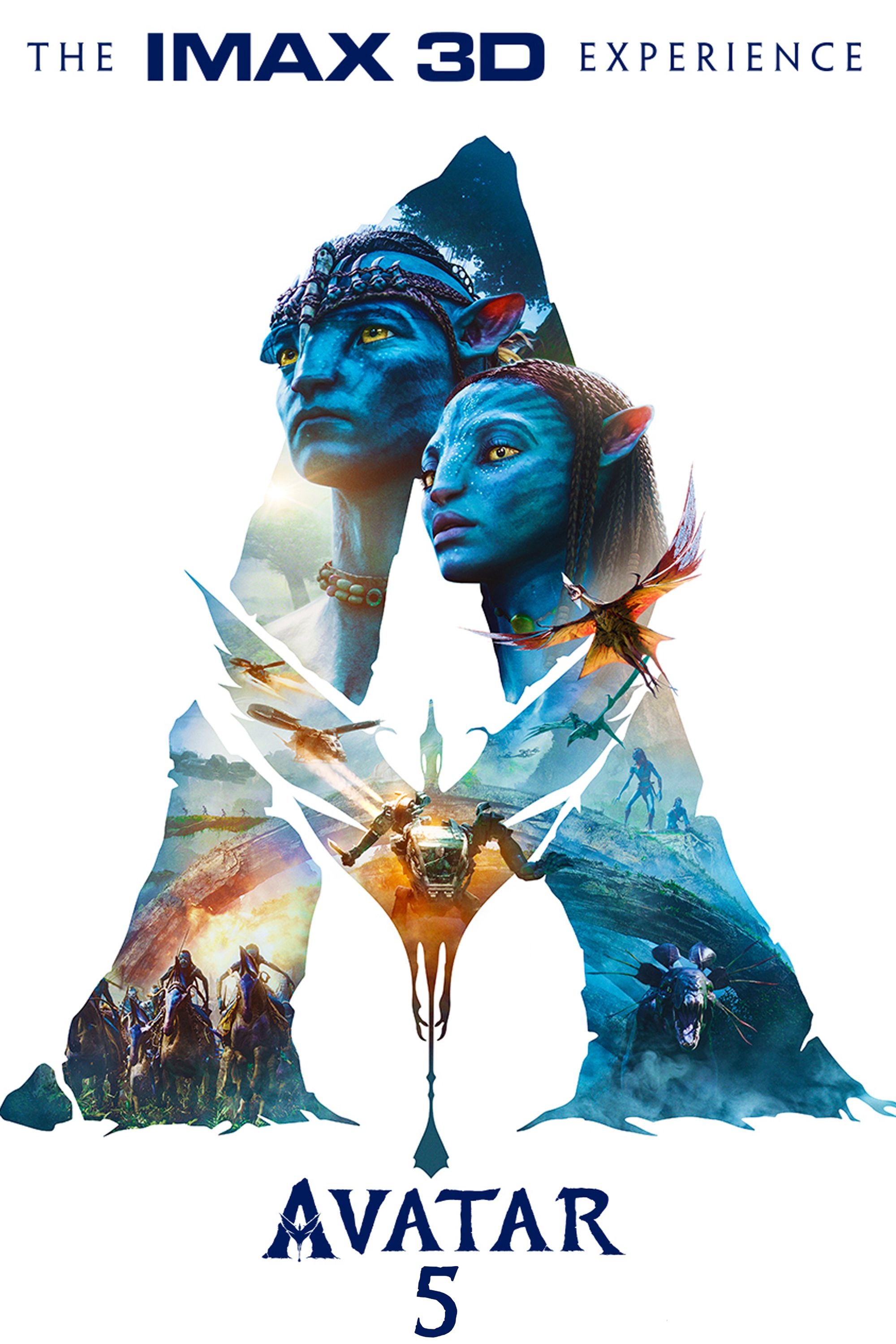Are we on the cusp of a cinematic revolution, or are we merely anticipating another year in the ongoing saga of film? Rulz Movies 2025, the very phrase, suggests a year brimming with the potential to redefine our viewing experiences, a year where the boundaries of storytelling, technology, and distribution might blur into something entirely new. But what does that future hold? Will it be a landscape of blockbuster sequels and predictable formulas, or will it unveil a fresh wave of visionary filmmakers and ground-breaking narratives? The answer, as always, remains tantalizingly elusive, hidden within the swirling currents of creative ambition and technological advancement.
The year 2025 is not just another date on the calendar; it's a marker in time, a point toward which the film industry is actively hurtling. With the advent of new technologies and the evolving landscape of entertainment, the future of cinema is constantly in flux. Digital streaming platforms are still dominating the market, with theatrical releases struggling to find a footing in this constantly changing world. Independent filmmakers and established studios alike are experimenting with fresh formats, innovative approaches to storytelling, and more inclusive representation, all striving to captivate audiences and remain relevant in a fiercely competitive market. Considering the evolution of film, we can expect that the "rulz movies 2025" will showcase a diversity of voices, cinematic styles, and technological advancements that push the boundaries of what is possible on the big screen.
While "Rulz Movies 2025" doesnt refer to a specific person or film, its focus is on the collective of films released. Given the lack of specific names to anchor this article, let's delve into the potential trends and expectations for the films of 2025. The following table illustrates the expected shifts:
| Aspect | Expected Trends in "Rulz Movies 2025" |
|---|---|
| Genre Landscape | Continued dominance of superhero films and sequels, alongside an increased emphasis on diverse storytelling, particularly in the science fiction and fantasy genres. Expecting more hybrid genres. |
| Technological Integration | Widespread adoption of advanced visual effects (VFX), potentially incorporating advancements in AI-driven animation and rendering. More immersive experiences such as VR and AR integrations within the films. |
| Distribution Models | Hybrid release models combining theatrical releases with simultaneous or near-simultaneous availability on streaming platforms. Increased reliance on digital distribution and potentially, a shift towards decentralized platforms. |
| Financial Strategies | Emphasis on franchise building and the creation of shared cinematic universes. Innovative funding models, possibly involving blockchain technology and audience participation. Increased budget allocation toward marketing and advertising strategies that cater to streaming audiences. |
| Casting and Representation | Continued push for greater diversity and inclusion in front of and behind the camera. Casting of diverse talents, reflecting a broader range of cultural and social backgrounds. Increased emphasis on authentic storytelling that avoids stereotypical representation. |
| Storytelling Techniques | Experimentation with non-linear narratives, interactive storytelling, and expanded universes. The rise of transmedia storytelling, where stories are told across different media platforms. Increased use of complex character development and morally gray characters. |
The anticipation surrounding "Rulz Movies 2025" stems from the industry's ongoing evolution. The proliferation of streaming services has reshaped how audiences consume content, pushing filmmakers to find new methods to grab and maintain audience attention. Simultaneously, the rise of independent cinema offers an alternative to big-budget blockbusters, providing a space for fresh voices and niche stories. The integration of new technologies such as VR and AR is also changing the way stories are told, offering viewers more immersive experiences. These ongoing changes will undoubtedly influence the character of the film industry, shaping the kinds of stories told and the means in which they are told.
Consider the impact of artificial intelligence. AI is already being used in the film industry for everything from script writing and editing to visual effects and sound design. As AI technology matures, it may offer creative tools for filmmaking, allowing for more efficient production processes and opening doors for more ambitious creative endeavors. In "Rulz Movies 2025," the potential of AI might be fully realized, resulting in a paradigm shift in the way films are made and watched. Additionally, AI could also be used to personalize the viewing experience, recommending films and content based on individual preferences.
The rise of independent cinema cannot be overstated. Independent filmmakers are not bound by the same constraints as the larger studios, enabling them to explore more niche themes and styles. Their work frequently pushes boundaries, experimenting with new formats, narrative structures, and cinematic styles. In "Rulz Movies 2025," these independent films might have a larger audience thanks to the influence of streaming platforms. This can potentially lead to a revival of character-driven stories and thought-provoking films. Furthermore, the shift in consumer behavior and the influence of social media might also give these independent productions more visibility and relevance.
The financial side of filmmaking is also experiencing significant changes. With the introduction of new funding models and audience engagement methods, the film industry might see a shift in power. Crowdfunding, for instance, enables filmmakers to gain the necessary funds, and the increased use of blockchain technology could lead to novel revenue-generating opportunities. As "Rulz Movies 2025" unfolds, the industry may embrace decentralization and become less reliant on traditional distribution networks and big studios. With this, the door would open to innovative financial models that support a greater number of creative projects and give filmmakers more creative control.
The notion of "Rulz Movies 2025" also implies the continual dialogue between technological progress and artistic vision. It is no longer adequate for filmmakers to just tell compelling stories; they must now also embrace the possibilities offered by the latest technologies. This embraces everything from cutting-edge visual effects to immersive soundscapes. Furthermore, new tools and formats will probably emerge, potentially changing the standard of filmmaking. The films released in 2025 might well use new technologies to explore uncharted territories of narrative and visual aesthetics, thus redefining what is possible in cinema.
When discussing "Rulz Movies 2025," it is also critical to address concerns about sustainability and social responsibility. As the world becomes increasingly aware of its environmental footprint, the film industry needs to adapt. More environmentally friendly filming techniques, an emphasis on reducing waste, and sustainable production practices may become prevalent. Moreover, there is a growing emphasis on social and cultural responsibility, including the inclusion of varied voices and a commitment to portraying diverse communities. The films released in 2025 have the potential to reflect these values and set a positive example for other sectors.
Moreover, the definition of a movie might change. As technology advances, we might see the line between film and other types of media, such as video games and interactive experiences, grow increasingly hazy. The films of 2025 may make use of these convergences, experimenting with interactive formats and creating a more immersive and participatory experience for the audience. This could result in a more dynamic and varied landscape of visual storytelling, blurring the boundaries between cinema and other forms of entertainment.
Ultimately, the phrase "Rulz Movies 2025" symbolizes anticipation and potential rather than a fixed reality. It's an open invitation to imagine a future where imagination and creativity reign supreme. While predicting the future of cinema is always an exercise in speculation, it is also a vital way to prepare for and influence the direction of the industry. By observing the trends, celebrating innovation, and addressing challenges, filmmakers and spectators can work together to define the future of film. The year 2025 offers a moment of promise. It's an invitation to reinvent cinema and imagine new universes, narrate untold stories, and use technology to push the boundaries of visual storytelling. Whether we are talking about blockbuster hits or indie gems, the films of 2025 are sure to leave an enduring mark on the cinematic landscape.


